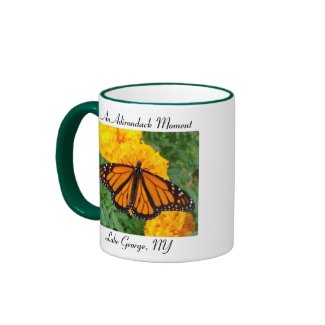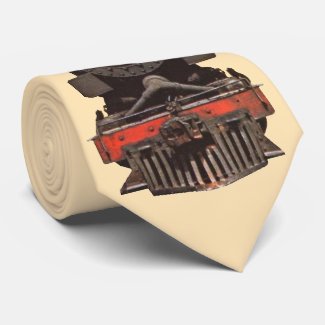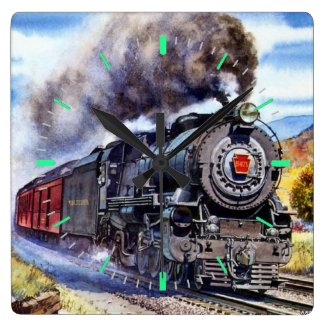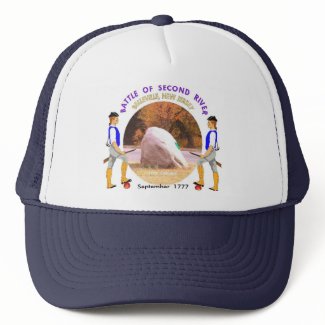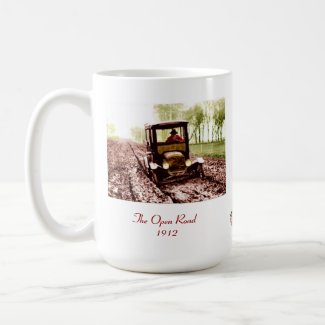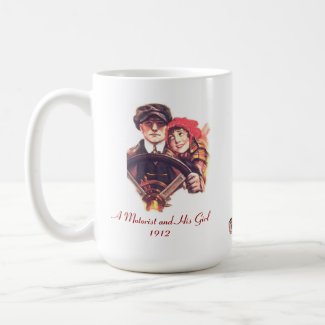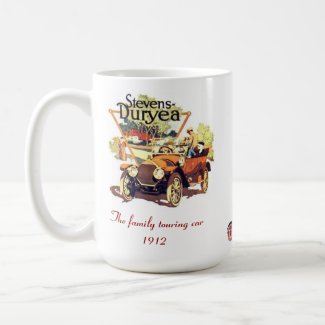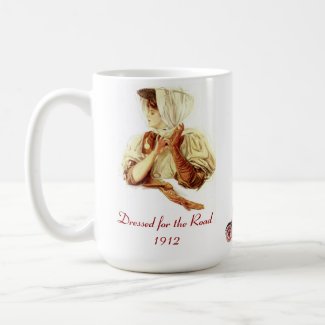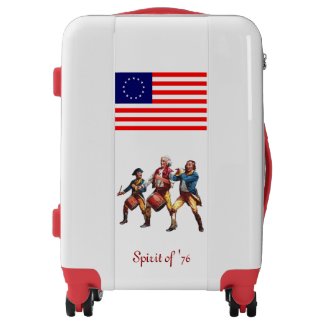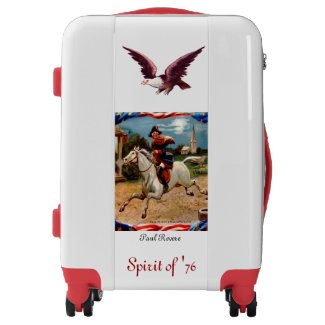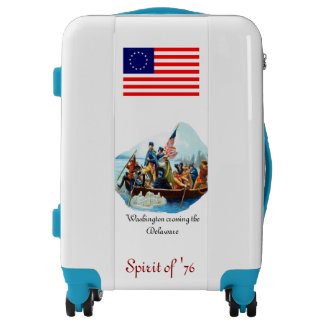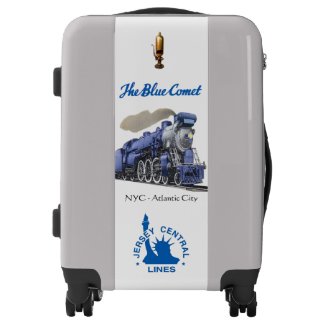Christmas Dinner, 1697
-
A quick glance at the calendar makes us suddenly realize that the holiday season is rushing at us even faster than we may first have thought. It's nearly time ! It is nearly time for gift giving, which is fun, but, better still . . . it's time to eat ! Forget about diets. This is when the very best, most treasured recipes are brought out from safe-keeping, when those cryptic words on paper are magically crafted into wondrous meals in that wizard's laboratory, Mom's kitchen. Each family has it's traditional holiday dishes, without which the season would be incomplete. How many recipes are there that have been handed down for more generations than anyone can count ? How long has this been going on ? Well, here in the old Village of Second River, this will be our 334th Christmas and our 334th sumptuous holiday feast. In those ancient days, so long ago, the colony was prosperous, the farmland was rich and generous, the fields and streams were abundant with game and fish and the markets were filled to bursting with exotic food stuffs from around the world brought in by an endless fleet of wooden, tall-masted merchant ships. The housewives of the village could produce a Christmas feast no less impressive than those to be found in the modern world.
The old Dutchmen and their wives were a friendly and generous lot. They would not have hesitated an instant before inviting us to sit with them and partake of the feast. It would be marvelous if we could accept the invitation, break bread with them and unite the generations who have lived on this land. Perhaps, in the shimmering mists of our inner theater, we can do just that. It's easy really, just contemplate the steam rising from your cup of coffee, drift back a little and ... yes ! There it is. It's 1697 and we are on the main street of our thriving little village on Christmas day.
-
The Dutch word for Christmas was Kerstfeest which, translated literally, means Christmas feast and oh, what a feast it was ! You must imagine yourself inside a warm, comfortable, cozy Dutch home. There was the distinct smell of burning wood from a crackling fire in the kitchen hearth. The house was filled with a delicatessen of aromas; roasting meats, wonderful soups, cakes and cookies. The rooms were illuminated by flickering candlelight and glowing oil lamps lit to a holiday brightness.
The old Dutchmen and their wives were a friendly and generous lot. They would not have hesitated an instant before inviting us to sit with them and partake of the feast. It would be marvelous if we could accept the invitation, break bread with them and unite the generations who have lived on this land. Perhaps, in the shimmering mists of our inner theater, we can do just that. It's easy really, just contemplate the steam rising from your cup of coffee, drift back a little and ... yes ! There it is. It's 1697 and we are on the main street of our thriving little village on Christmas day.
-
The Dutch word for Christmas was Kerstfeest which, translated literally, means Christmas feast and oh, what a feast it was ! You must imagine yourself inside a warm, comfortable, cozy Dutch home. There was the distinct smell of burning wood from a crackling fire in the kitchen hearth. The house was filled with a delicatessen of aromas; roasting meats, wonderful soups, cakes and cookies. The rooms were illuminated by flickering candlelight and glowing oil lamps lit to a holiday brightness.
When you are getting hungry, thoughts of food can be captivating. When you are quite hungry and surrounded by the vapors of a roasting goose and baking bread, it can sharply focus your attention on the demands of your stomach. When excellent food is before you on the table, it will require your very best manners to restrain yourself as the master of the house offers a lengthy grace proper to the season. But, oh, how that first taste of erwtensoep will seem like a gift from above when you are finally released from restraints.
Many hungry eyes and eager appetites sat around the table as the first course came forth. By tradition, it would most likely be brown bean soup, bruinebonensoep, or the even more popular, erwtensoep (pea soup). It was commonly believed that a bowl of erwtensoep tasted better when it was freezing outside.
The ultimate Dutch wintertime food was stamppot, a mixture of mashed potatoes blended with pumpkin and other vegetables such as carrots or parsnips or, depending on the family’s tastes, perhaps onions and cabbage. The main course may have included any or all of the available meats; goose, venison, mussels over rice, turkey, ham or rabbit. An ample supply of bisschopswijn (bishops wine), a drink little different from a modern sangria, could be expected. One would eat until one could eat no more. But, there was more.
There were the desserts and pastries to consider. There were speculaas, a highly flavored buttery, spice cookie that were traditionally made in carved wooden molds. Marzipan was an almond confectionary molded into entertaining shapes. And don’t forget the candy. Taai-taai, was a clove and cinnamon flavored honey-and-sugar hard candy. A genuine favorite was borstplaat, fudge, that would have been flavored with either chocolate or coffee depending on which had come into the harbor markets in greater supply.
If you were still thinking of food late in the evening, you would not be disappointed. A traditional late-evening snack of apple fritters and doughnuts served up with steaming spiced milk, coffee or hot chocolate would ensure that you did not go to bed hungry. Indeed, Christmas dinner in the 17th century was the sort of thing of which legends are made.
-
The steam has stopped rising from our coffee. It's time to return to our own century, or, would you care for a second cup ?
-
It's time for last minute Christmas shopping! Don't forget to buy a copy of "A Dutch Christmas in Old Second River 1697" at our bookstore. It makes a really nice gift. It includes a chapter on Dutch colonial recipes.



